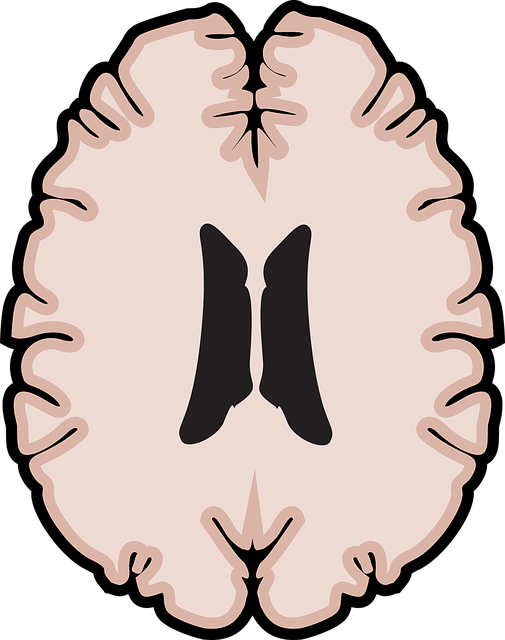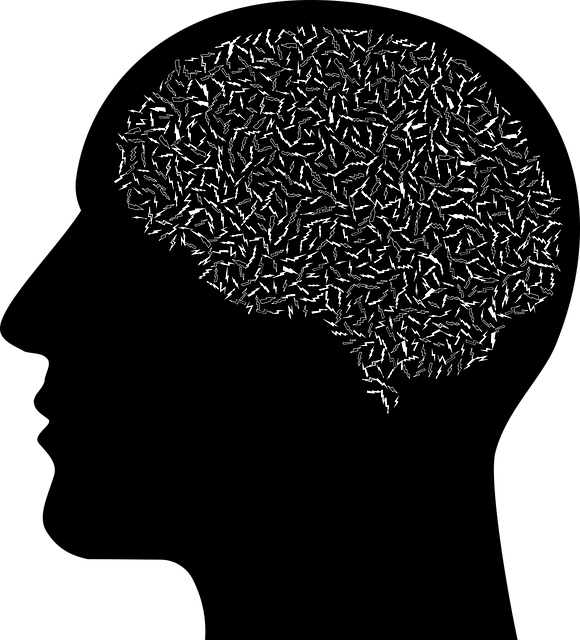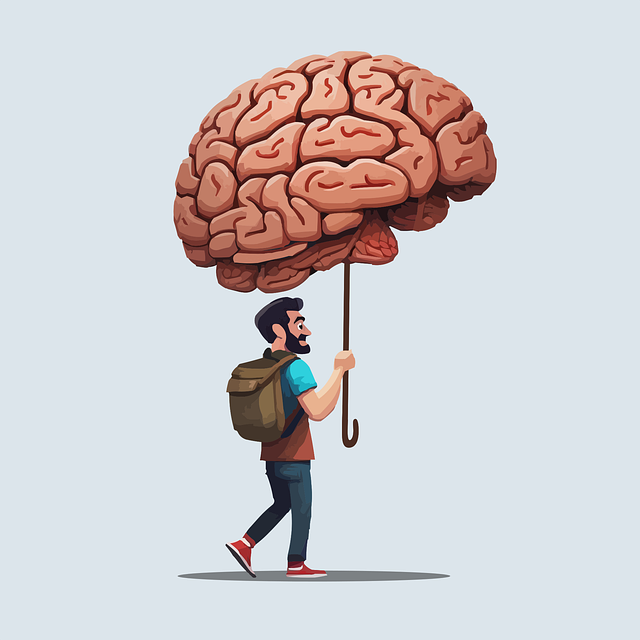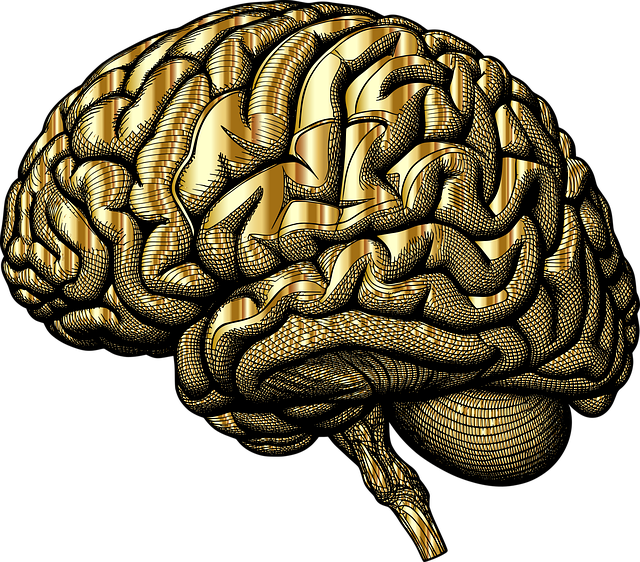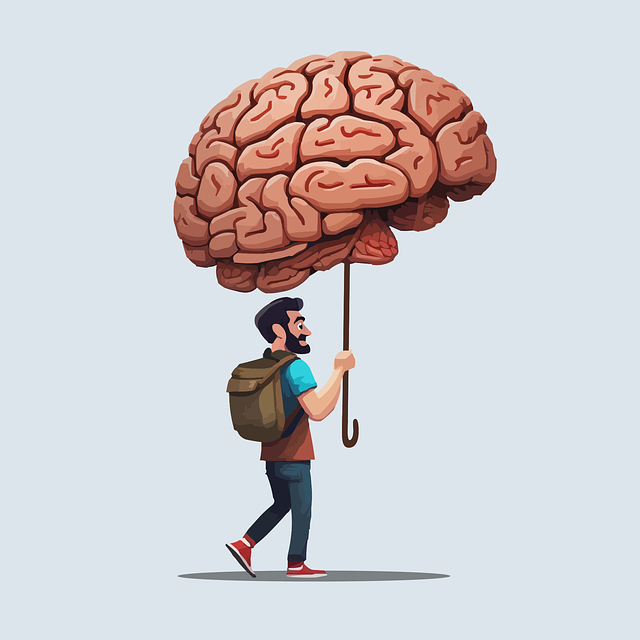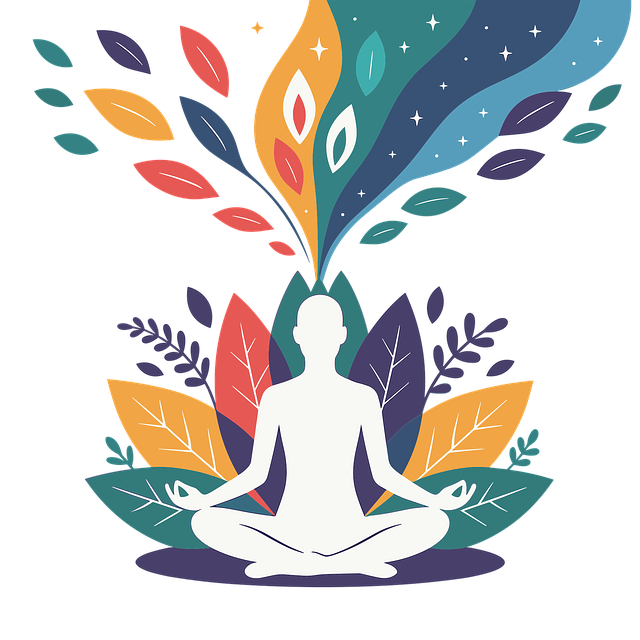Mental wellness journaling, recognized as a "golden therapy" by therapists and clinicians, is an effective method to promote self-awareness and personal growth. Through written reflection on thoughts, emotions, and experiences, individuals can better understand their feelings, cultivate positive thinking, and engage in valuable self-care. Regular journaling enhances emotional connection, improves coping strategies, and fosters resilience. Structured prompts guide users through exploration of mental health challenges and strengths, offering new perspectives and effective coping mechanisms within a safe, non-judgmental space. This consistent practice is an invaluable tool for therapists, clinicians, and Mental Health Education Programs Design.
Mental wellness journaling is a powerful golden therapy for therapists and clinicians, offering a profound means of facilitating client growth. This article explores how this simple yet effective practice can be harnessed as a therapeutic tool. We’ll guide you through understanding the benefits, creating a structured routine, and using prompts to unlock deep insights. By integrating mental wellness journaling into your practice, you’ll empower clients to navigate their emotions, gain clarity, and cultivate resilience – ultimately enhancing the therapeutic experience.
- Understanding Mental Wellness Journaling as a Therapeutic Tool
- Creating an Effective Journaling Exercise Routine
- Facilitating Deep Insights and Growth Through Journal Prompts
Understanding Mental Wellness Journaling as a Therapeutic Tool

Mental wellness journaling is a powerful tool for therapists and clinicians, offering a golden therapy that can significantly enhance their practice. By encouraging clients to reflect on their thoughts, emotions, and experiences through written expression, professionals can facilitate a deeper exploration of inner strength and development. This process not only aids in understanding complex feelings but also promotes the cultivation of positive thinking, making it an invaluable self-care practice for both the therapist and client.
Journaling provides a safe space where individuals can openly document their mental health journey. It allows them to process challenging experiences, gain insights into recurring patterns, and identify triggers. Through regular practice, clients can develop a stronger connection with their emotions, leading to improved coping strategies and enhanced overall well-being. This simple yet effective method empowers individuals to take control of their mental health, fostering self-awareness and resilience.
Creating an Effective Journaling Exercise Routine

Establishing a consistent journaling practice can be a powerful tool for therapists and clinicians to support their clients’ mental wellness. To create an effective routine, begin by setting aside dedicated time each day or week for this activity. Consistency is key; regular journaling allows individuals to track their thoughts and emotions over time, fostering self-awareness and providing valuable insights. Encourage clients to adopt a non-judgmental approach, where they can freely express themselves without fear of criticism.
Incorporating Mind Over Matter principles, this exercise promotes the exploration of positive affirmations and reframing negative thoughts, aiding in stress reduction methods and potentially preventing depression. By documenting their experiences, individuals can reflect on personal growth, identify triggers, and develop healthier coping mechanisms. Additionally, it serves as a safe space to process emotions, providing an outlet for creativity through writing and helping to calm the mind.
Facilitating Deep Insights and Growth Through Journal Prompts

Journaling prompts are a powerful tool for therapists and clinicians to facilitate deep insights and personal growth among their clients. By providing thoughtful questions or scenarios, mental health professionals can encourage individuals to explore their thoughts, emotions, and experiences in greater detail. This process enhances emotional intelligence, allowing clients to gain new perspectives on their mental health challenges and strengths.
Through structured prompts tailored to specific topics like trauma, stress management, or positive affirmations, therapists can help clients uncover hidden patterns, process unresolved issues, and cultivate coping strategies. Journaling offers a safe space for self-reflection, making it a valuable golden therapy for those seeking personal growth and improved mental wellness. This practice is particularly beneficial in Mental Health Education Programs Design as it encourages individuals to take an active role in their mental health journey, fostering a deeper understanding of themselves and promoting overall well-being.
Mental wellness journaling is a powerful tool that offers therapists and clinicians a unique way to facilitate deep insights and personal growth. By integrating this golden therapy into their practices, professionals can empower individuals to navigate their mental health journeys with increased self-awareness and resilience. Through structured routines and thoughtful prompts, journaling becomes an accessible and effective practice for cultivating well-being, making it an invaluable addition to any therapeutic approach.
